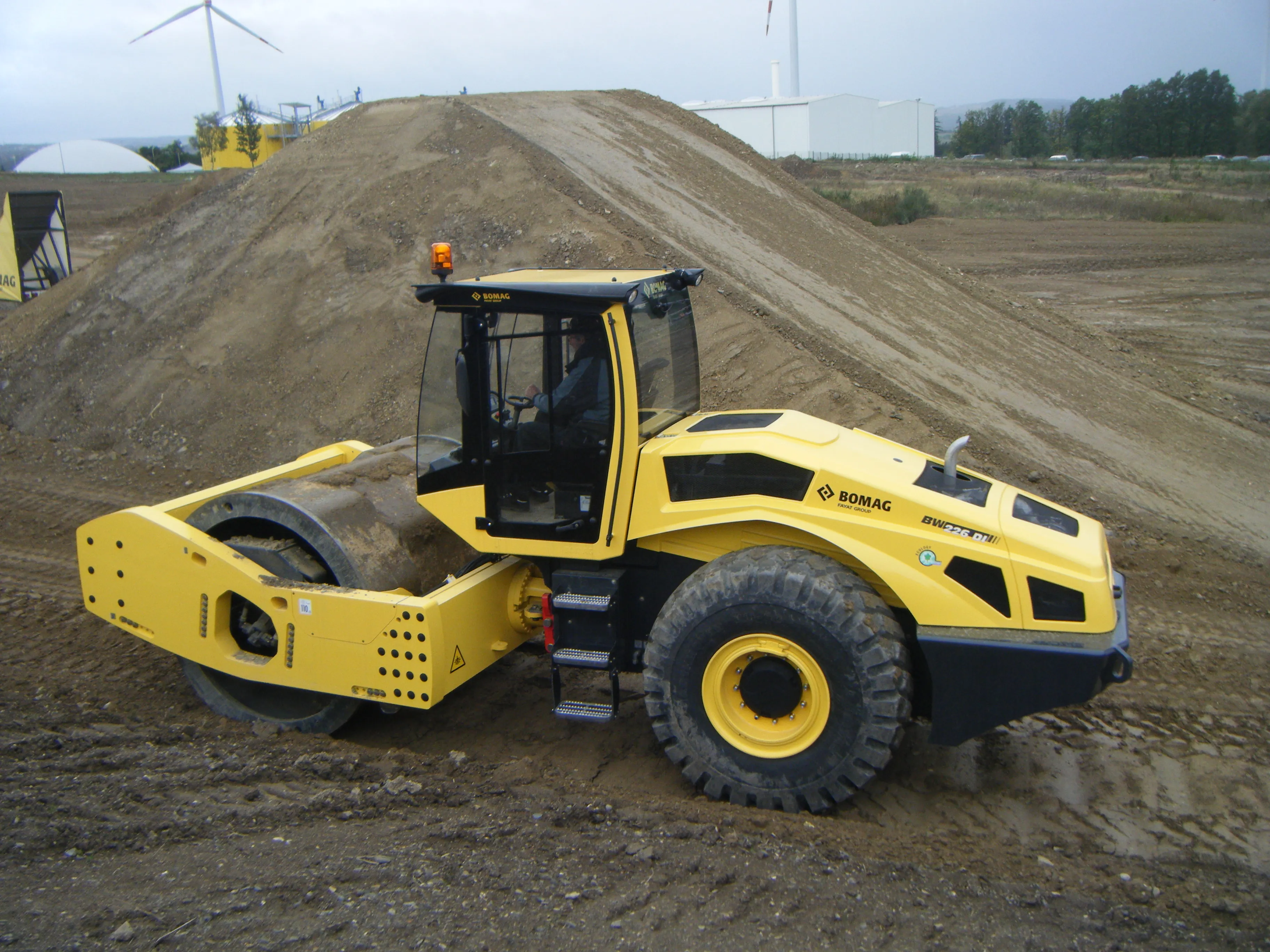Nepal is recovering from a massive earthquake measuring 6.8 on the Richter scale, which has severely damaged infrastructure.
February 29, 2012
Read time: 1 min
Nepal is recovering from a massive earthquake measuring 6.8 on the Richter scale, which has severely damaged infrastructure. The earthquake struck on Sunday evening and is the strongest to have hit the country in 80 years. The reported death toll is six although there have been many injuries, while key highways and national roads have been affected. The epicentre of the earthquake was between Taplejung in Nepal and Sikkim in India, where some 14 aftershocks of varying magnitudes were recorded in its wake. The earthquake lasted nearly a minute and it was felt in most parts of the country. On a more positive note however Nepal is to benefit from further road investment being provided by its neighbour China worth US$21.42 million. The Nepalese and Chinese Governments are jointly developing a 38km of the Syaprubesi-Rasuwagadhi road, which will also be called the Green Economic Corridor. As part of the programme numerous trees have been planted along the route on behalf of the 3412 WWF and the Langtang National park, Nepal. Officials at the National Park have explained that the tree planting is being used in a bid to reduce CO2 emissions from vehicles and also to help protect biodiversity.








